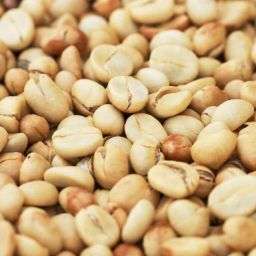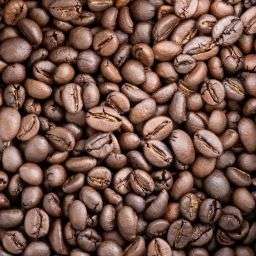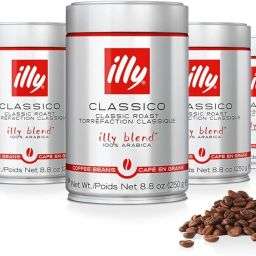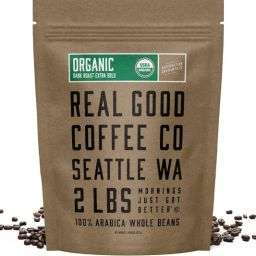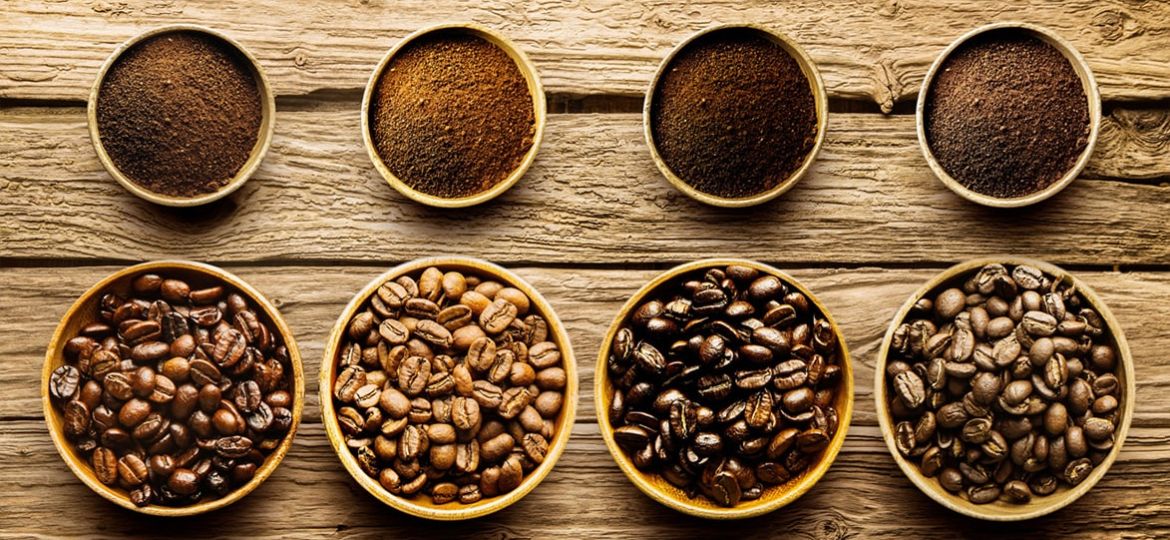
Starbucks, a global coffee giant, has established an indelible presence in the coffee industry with its extensive range of high-quality coffee products. Renowned for its vast network of coffeehouses spanning numerous countries, Starbucks has not only become a household name but also a significant player in the global coffee market. This article delves into the intricate journey of Starbucks coffee beans, tracing their path from diverse global farms to the cups of coffee enthusiasts worldwide.
Key Takeaways
Starbucks’s commitment to quality and ethical sourcing is evident in its procurement of coffee beans from over 30 countries across the globe. Through its C.A.F.E. Practices, Starbucks ensures that its coffee sourcing adheres to stringent standards of social, environmental, and economic responsibility. This section highlights key aspects of Starbucks’s coffee bean sourcing, emphasizing the company’s global reach and dedication to sustainability in its supply chain.
- Global Sourcing: Starbucks’s coffee beans originate from various countries, each contributing unique flavor profiles to the brand’s diverse coffee offerings.
- Ethical Sourcing: Through C.A.F.E. Practices, Starbucks fosters sustainability and ethical sourcing, ensuring that its coffee not only tastes good but also does good.
- Flavor Diversity: The origin of Starbucks’s coffee beans plays a crucial role in defining the distinct flavors and aromas that characterize its coffee products.
Latin America: The Backbone of Starbucks’ Coffee Sourcing
Starbucks sources a significant portion of its coffee beans from Latin America, a region renowned for its optimal coffee-growing conditions. Countries like Brazil, Colombia, and Costa Rica are pivotal in Starbucks’ supply chain, each offering beans with distinctive flavors.
Brazilian coffee is often noted for its nutty, chocolatey undertones, while Colombian beans are prized for their balanced taste and mild fruitiness. Costa Rican coffee, on the other hand, is celebrated for its bright acidity and full-bodied profile, illustrating the diverse flavor palette that Latin American beans contribute to Starbucks’ offerings.
African Coffee Beans: Rich and Bold Flavors
Africa, particularly regions like Ethiopia and Kenya, is another crucial source for Starbucks’ coffee beans. Ethiopian beans are famous for their floral, fruity characteristics, often with a hint of wine or berry, reflecting the diverse coffee cultivation practices across the continent.
Kenyan coffee is valued for its vivid acidity and complex flavor notes, including citrus and berry. These African beans add a rich and bold dimension to Starbucks’ coffee selection, showcasing the continent’s unique contribution to global coffee culture.
Asia-Pacific Coffee Beans: Unique and Full-Bodied
The Asia-Pacific region, including countries like Indonesia and Vietnam, offers distinct coffee varieties that enrich Starbucks’ product range. Indonesian coffees, such as those from Sumatra, are known for their earthy, herbal, and full-bodied profiles, with a lingering finish that sets them apart from other origins.
Vietnamese coffee adds robustness and intensity, often with a strong, bold character. The diverse climatic and geographical conditions of the Asia-Pacific region contribute to the unique flavor profiles of its coffee, enhancing Starbucks’ global coffee palette.
Ethical Sourcing and Sustainability Practices
Starbucks is committed to ethical sourcing through its C.A.F.E. Practices program, which stands for Coffee and Farmer Equity. This program sets guidelines to ensure that Starbucks sources its coffee responsibly, focusing on quality, economic accountability, social responsibility, and environmental leadership.
By working with coffee farmers to implement sustainable farming practices, Starbucks not only improves the quality of its coffee but also supports the well-being of farming communities and the preservation of the environment. These practices demonstrate Starbucks’ dedication to creating a positive impact throughout its supply chain, ensuring that the coffee consumers enjoy is sourced with care for people and the planet.
The Starbucks Reserve Coffee Line
Starbucks Reserve is a premium line that showcases the company’s dedication to exceptional coffee quality. This exclusive selection features single-origin coffees and unique blends sourced from rare coffee-growing regions.
The Starbucks Reserve line is a testament to the brand’s commitment to coffee excellence, offering connoisseurs a chance to experience distinctive flavors and aromas that are not available in the regular lineup. Each batch is meticulously sourced and roasted, providing a unique coffee experience that reflects the specific characteristics of its origin.
Blending and Roasting: Creating Unique Flavors
Starbucks’ expertise in blending and roasting is central to its ability to offer a wide variety of flavors. The brand skillfully combines beans from different origins, creating balanced and complex blends that cater to diverse tastes. Roasting is another critical aspect, with each bean type undergoing a specific roasting process to unlock its optimal flavor profile.
Whether it’s a light, medium, or dark roast, Starbucks aims to enhance the beans’ inherent qualities, ensuring a consistent and enjoyable experience for customers across the globe.
FAQs
- What is the Coffee Belt?
The Coffee Belt refers to the equatorial zone ideal for coffee cultivation, where most of Starbucks’ beans are sourced. - Does Starbucks own any coffee farms?
Yes, Starbucks owns Hacienda Alsacia in Costa Rica, which serves as a coffee farm and a global agronomy center. - How does Starbucks ensure the quality of its coffee?
Through rigorous sourcing, ethical practices, and precise roasting techniques, Starbucks maintains high-quality standards for its coffee.
Final Thoughts
Starbucks’ approach to coffee bean sourcing is a pivotal aspect of its global success. The company’s commitment to ethical sourcing, environmental stewardship, and the creation of unique coffee experiences underlines its role as a leader in the coffee industry. By valuing the origins, flavors, and impact of its coffee, Starbucks continues to offer a diverse and sustainable selection that resonates with customers worldwide, reinforcing its reputation as a purveyor of fine coffee.




